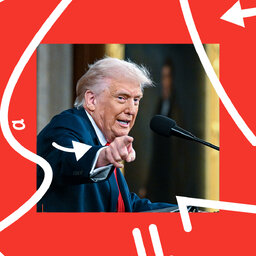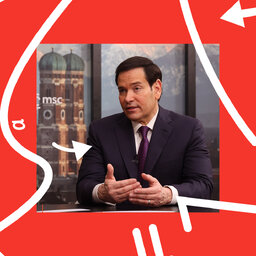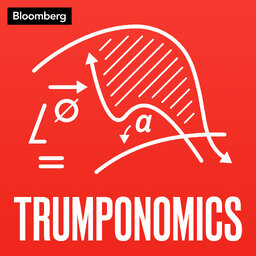Ben Page, chief executive of market research company Ipsos, joins Voternomics this week to outline what he’s discovered about voters and what they think about their politicians, governments and economies. He tells Stephanie Flanders and Allegra Stratton that trust in politics is the “lowest we’ve ever measured.”
Also on this episode, Flanders, Stratton and Adrian Wooldridge ask Bloomberg Opinion columnist John Authers whether—given the question of when the Federal Reserve will cut interest rates between now and the election—the central bank can remain above the political fray.
In 1 playlist(s)
Trumponomics
Tariffs, crypto, deregulation, tax cuts, protectionism, are just some of the things back on the tabl…Social links
Follow podcast
Recent clips

Introducing: Bloomberg This Weekend
01:08

Trump’s Rosy Economic Message Faces a Reality Check
30:53

What Munich Means for the Shifting Global Order
28:47
 Trumponomics
Trumponomics